Lost genes, secrets of worm “masterminds”
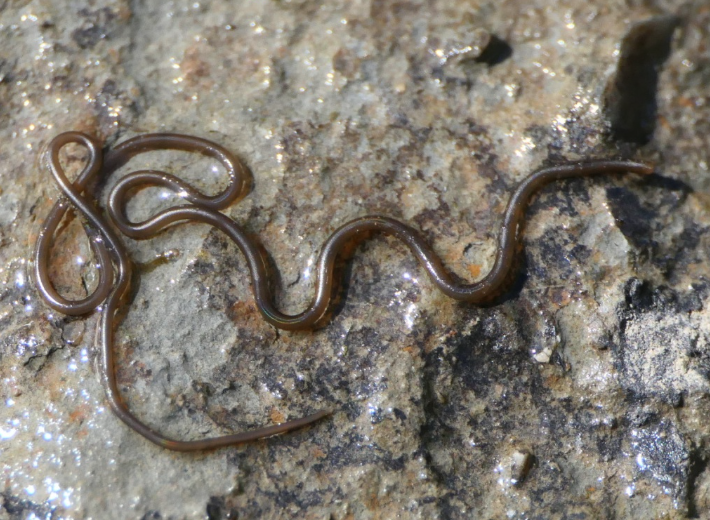
Hey, curious science lovers! Today I bring you the scoop on why these “mental” worms are like those friends who never follow the plan. So, have you come across these hair worms? Yes, those weirdos who manipulate their hosts like they’re directors of a crazy movie. But wait, there’s more: A new study has revealed that these worms have skipped 30% of the genes they were supposed to have, like they were in an amusement park and decided not to ride the roller coasters, wow! worms!
Hairworms look like miniature strings of spaghetti, and it’s not just their strange appearance that draws attention. It turns out that they spend their lives inside other animals, literally living in someone else’s house! Kind of like having a parasitic roommate! 😆 But that’s not the craziest thing. They have the superpower to make their hosts do strange things, like jump into water! Imagine if your pet started ballet dancing, the same thing but more bizarre!
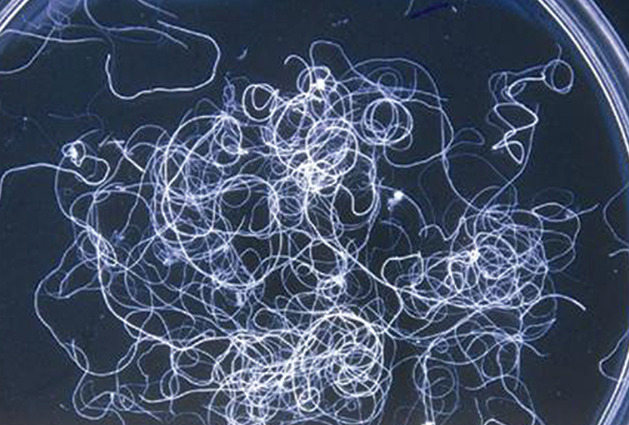
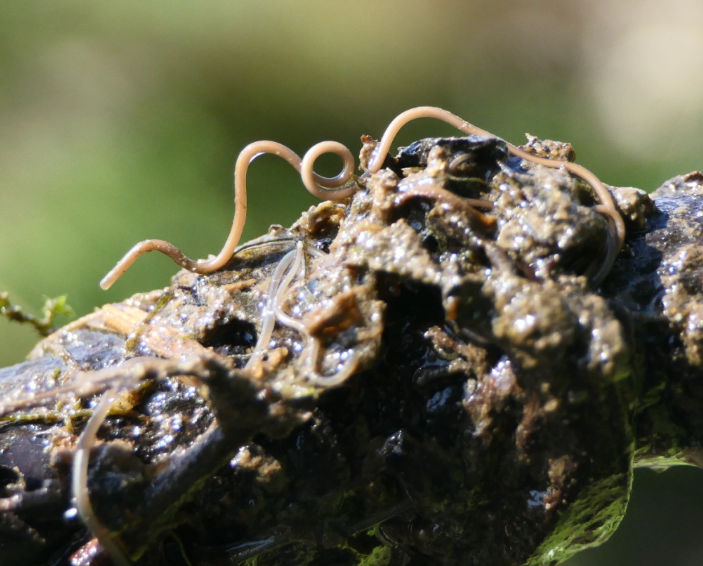
Now, scientists are immersed in the genetic maze of these worms, looking for answers. Tauana Cunha, who is basically a Sherlock Holmes of biology, says that these little buggers have lost the genes responsible for producing cilia. Those little hair-like structures that abound in other creatures! Imagine having a collection of super cool hats, but forgetting where you put them. The lack of cilia is as if the worms have been given the wrong memo for the big party of evolution and here comes the million dollar question: why don’t these rogue worms have them? Well, they’re not entirely sure yet, but one theory suggests that their lifestyle as parasites may have had something to do with it. You know, as if they were influencers of parasitology, they stopped needing certain things, and the cilia genes said goodbye!
And speaking of parasites, did you know that they’re not the only cheaters in the animal kingdom? There are protozoa that make rodents adore cats, a feline lovefest! And a fungus called Ophiocordyceps that basically turns ants into spore-spreading zombies. As if they were evil action figures of nature! In short, these rogue worms are teaching us a lesson about how evolution sometimes takes unexpected turns. So if you ever feel like a genetic hairworm in this world, just remember that you’re in good company!
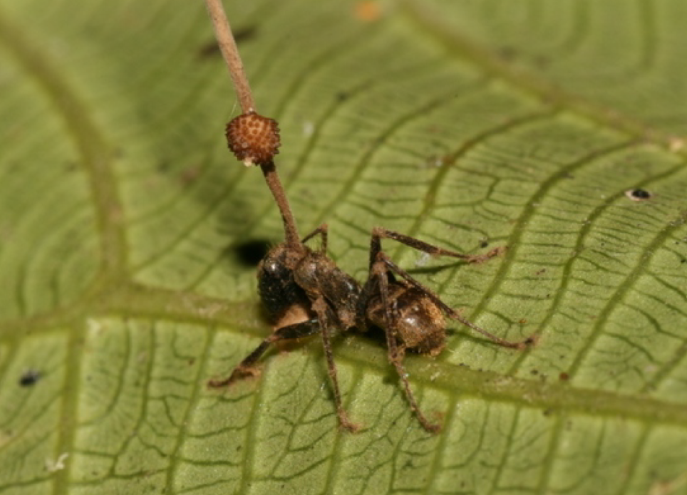
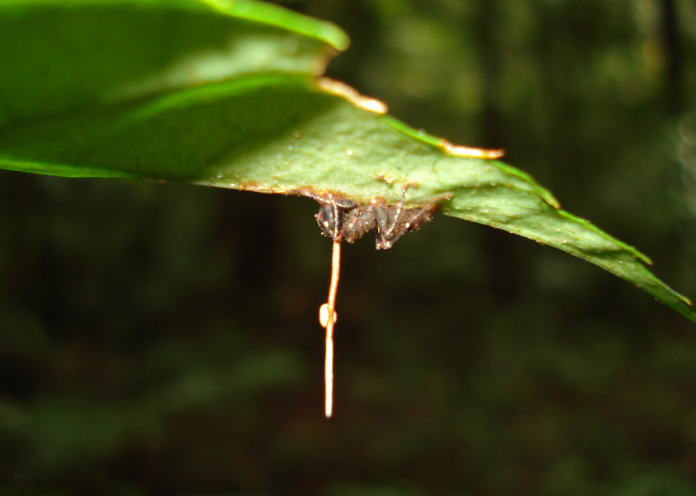
And that’s all for today, curious of knowledge! I hope you enjoyed this journey through the bizarre world of hairy worms and their missing genes. See you in the next chapter of Bizarre Science! Until next time, explorers of unusual knowledge!





Responses